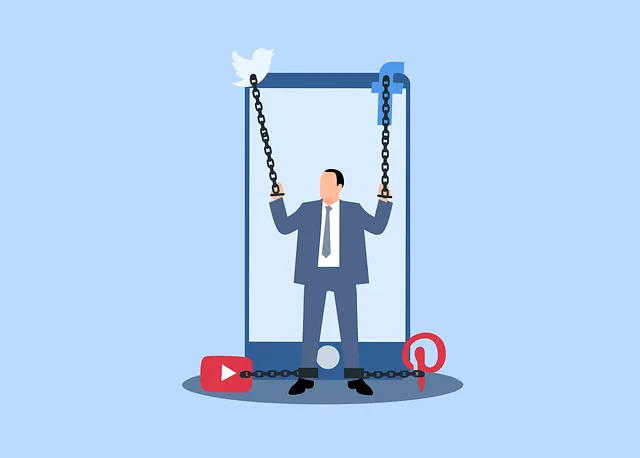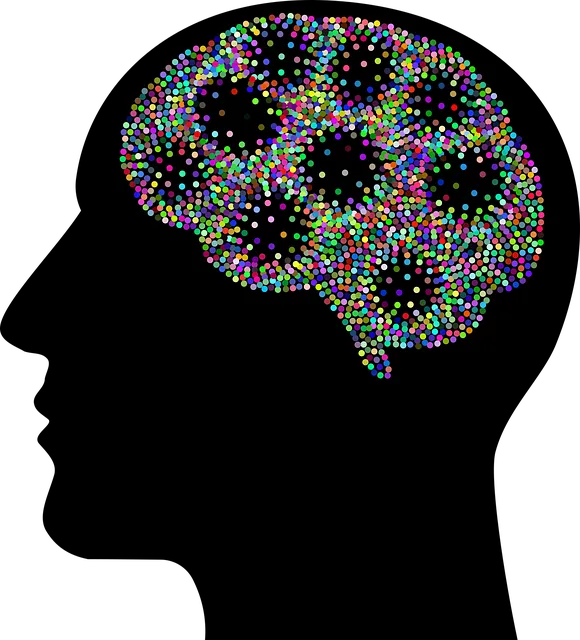The Lone Tree Kaiser Permanente mental health center enhances crisis intervention through specialized Crisis Intervention Teams (CITs) that offer immediate support and ongoing guidance during visiting hours. Their training programs equip professionals with de-escalation skills, promoting a culture of mental wellness among staff. The center's Community Outreach Program bridges the gap between clinical services and the community, focusing on emotional intelligence to encourage early intervention and crisis prevention. Optimized visiting hours facilitate uninterrupted therapy and family involvement, enhancing patient safety and recovery outcomes through collaborative Trauma Support Services and Crisis Intervention Guidance.
In today’s complex healthcare landscape, Crisis Intervention Teams (CITs) play a vital role in providing immediate support for individuals experiencing severe psychiatric distress. This article explores the critical need for CIT training programs and their impact on enhancing mental health care. We delve into successful initiatives like Lone Tree Kaiser Permanente’s approach, which focuses on community access and care. Additionally, we examine strategies to optimize visiting hours at mental health centers, such as the Lone Tree Kaiser Permanente model, ensuring patient safety and family involvement.
- Understanding Crisis Intervention Teams: A Necessary Resource in Mental Health Care
- The Role of Training Programs: Equipping Professionals for Effective Support
- Lone Tree Kaiser Permanente's Approach: Enhancing Community Access and Care
- Optimizing Visiting Hours: Ensuring Patient Safety and Family Involvement
Understanding Crisis Intervention Teams: A Necessary Resource in Mental Health Care

In today’s fast-paced world, mental health crises can arise unexpectedly, demanding immediate and effective responses. This is where Crisis Intervention Teams (CITs) step in as a vital resource within healthcare settings, particularly at facilities like Lone Tree Kaiser Permanente mental health center visiting hours. CITs are specialized groups of professionals trained to provide prompt and appropriate support during critical moments, ensuring individuals in distress receive the necessary care.
The role of these teams extends beyond initial crisis management; they offer ongoing guidance and empathy-building strategies to both victims and caregivers. Training programs focused on CITs equip participants with valuable skills in de-escalation techniques, communication, and understanding complex behaviors. This enhances their confidence when confronting mental health emergencies, making them essential contributors to a comprehensive care approach.
The Role of Training Programs: Equipping Professionals for Effective Support

Training programs play a pivotal role in equipping professionals at institutions like Lone Tree Kaiser Permanente mental health center with the necessary skills to provide effective crisis intervention. These programs go beyond basic knowledge transfer, offering hands-on experience and evidence-based strategies tailored to real-world scenarios. By participating in simulated crises and learning from expert facilitators, staff members enhance their ability to assess, manage, and de-escalate high-stress situations, ensuring patient safety and well-being.
Beyond immediate crisis management, comprehensive training fosters a culture of mental wellness promotion. Incorporating concepts like Mental Wellness Journaling Exercise Guidance can empower individuals to develop coping mechanisms and self-care practices. Moreover, integrating Community Outreach Program Implementation strategies enables professionals to connect with community resources, providing holistic support that extends beyond the clinical setting. Such initiatives ultimately contribute to improved anxiety relief and enhanced overall resilience among both staff and the community they serve.
Lone Tree Kaiser Permanente's Approach: Enhancing Community Access and Care

Lone Tree Kaiser Permanente, a renowned mental health center, has pioneered an innovative approach to crisis intervention by focusing on enhancing community access and care. Their strategy involves a comprehensive Community Outreach Program Implementation that reaches beyond traditional visiting hours at their mental health center. This program aims to bridge the gap between clinical services and the wider community, ensuring emotional intelligence and self-esteem improvement for individuals who may be reluctant to seek professional help.
By integrating community members into crisis intervention efforts, Lone Tree Kaiser Permanente fosters a supportive environment that encourages open dialogue about mental health. Through targeted outreach, they address the unique needs of diverse communities, promoting early intervention and preventing escalation of crises. This holistic approach not only enhances accessibility but also builds trust, making it easier for individuals to access much-needed support.
Optimizing Visiting Hours: Ensuring Patient Safety and Family Involvement

At Lone Tree Kaiser Permanente mental health center, optimizing visiting hours is a strategic approach to enhancing patient safety and fostering family involvement. By carefully structuring visit schedules, the center ensures that patients receive uninterrupted care while also facilitating meaningful connections with their loved ones. This balanced approach recognizes the importance of both individual therapy and social support in promoting mental wellness.
Trauma Support Services and Crisis Intervention Guidance are integral parts of this strategy. Through adjustments to visiting hours, the mental health center can create a more secure environment, where patients feel safe to process their experiences and families contribute to their recovery journey. This collaborative effort not only strengthens patient outcomes but also empowers families with the tools to offer consistent support throughout their loved ones’ mental health journeys.
Crisis intervention team (CIT) training programs are invaluable tools for enhancing mental health care, as evidenced by Lone Tree Kaiser Permanente’s innovative approach. By optimizing visiting hours at their mental health center, they not only ensure patient safety and family involvement but also provide a model for effective CIT strategies. These programs empower professionals to offer crucial support during crises, ultimately improving patient outcomes and fostering better communities. Integrating such training is essential for any healthcare facility aiming to revolutionize mental health services, especially in light of the increasing demand for accessible, quality care, such as that offered at Lone Tree Kaiser Permanente.






